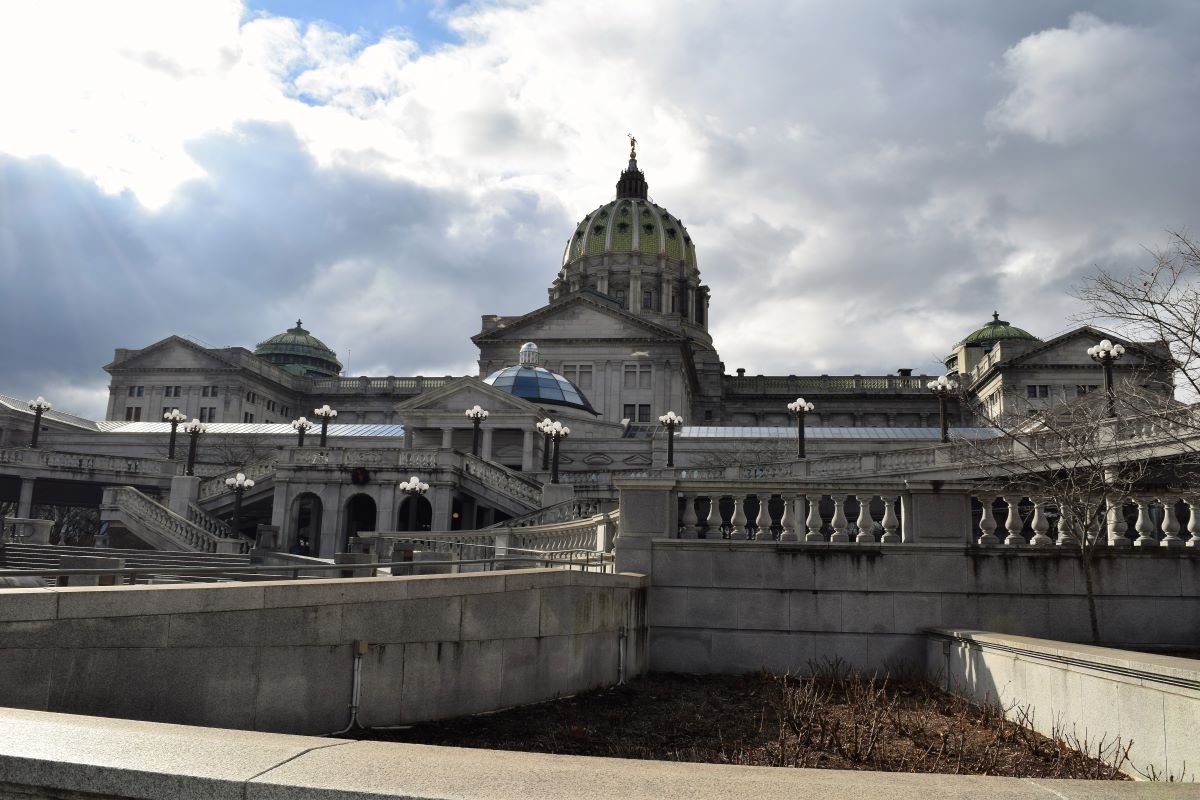Dem Delegate Throws Tantrum During Speaker of the House Vote Because She Doesn’t Like the Rules
During a contentious vote to elect the speaker of the House, Congressional Delegate Stacey Plaskett, representing the Virgin Islands, raised a parliamentary inquiry to question why delegates from U.S. territories, which collectively represent around four million Americans, where not allowed to participate in the vote. this inquiry prompted applause from her fellow house Democrats, who support statehood for Puerto Rico and D.C., as it would potentially grant the Democratic Party additional portrayal in Congress.
Despite Plaskett’s efforts, her microphone was cut off while she continued to advocate for voting rights for territorial delegates, which she argued was a longstanding issue likening it to a “colonies problem.” She emphasized that this exclusion is unfair and should be addressed, claiming, “This body and this nation has a territories and a colonies problem.” House Clerk Kevin McCumber clarified that delegates-elect are not qualified to vote in the election of the Speaker of the House, a point that Plaskett contested.
Ultimately, while Plaskett sought to make a political statement highlighting the rights of territories, Speaker Mike Johnson won the election narrowly. The broader issue of voting rights for delegates from U.S. territories remains contentious and calls for statehood continue to stir debate among lawmakers.
Congressional Delegate Stacey Plaskett, a Democrat representing the Virgin Islands, caused a commotion Friday during the vote to elect the speaker of the House when she demanded to know why she and other delegates from U.S. territories could not participate.
Plaskett rose and said she had a parliamentary inquiry.
“I note that the names of representatives from the American Samoa, Guam, Northern Marianas, Puerto Rico, the Virgin Islands, and the District of Columbia were not called, representing collectively four million Americans,” she said.
At this point, her fellow House Democrats rose in applause. It has long been the Democrat position that at least Puerto Rico and D.C. should become the 51st and 52nd states, thereby giving the party likely four new senators and multiple new House members.
House Clerk Kevin McCumber then interjected to question if Plaskett in fact had a parliamentary inquiry.
“I ask why they were not called,” the delegate responded.
Republicans yelled over to her, “Order, order.” In other words, her inquiry was not legitimate.
Plaskett obviously knew the answer to her own question, but was trying to make a political point, and probably some headlines.
“I have a voice!”
Del. @StaceyPlaskett makes a parliamentary inquiry as to why delegates from U.S. territories and the District of Columbia are not allowed to vote for Speaker of the House. pic.twitter.com/BszRTeAzKG
— CSPAN (@cspan) January 3, 2025
McCumber then explained, “Delegates-elect and the resident commissioner-elect are not qualified to vote. Representatives-elect are the only individuals qualified to vote in the election of a speaker.”
Plaskett countered, “This body and this nation has a territories and a colonies problem. What was supposed to be temporary has now effectively become permanent.”
It’s worth noting that the delegate was actually born and raised in New York City, where she went on to serve as an assistant district attorney. Plaskett later moved to D.C. to become a congressional staff member. She could have run for Congress in New York and enjoyed full voting rights if elected.
However, in 2014, Plaskett ran for and was elected delegate for the Virgin Islands, the birthplace of her parents, who had met and married in New York after moving to the Big Apple.
On Friday, Plaskett’s microphone was eventually cut off as she continued to try to make her case about the injustice of territorial delegates not being allowed to vote in the speaker’s election.
Soon the mic was briefly turned back on, as she proclaimed, “I have a voice.”
US Virgin Islands Delegate Stacey Plaskett (D) causes a scene on the House floor after she is told delegates can’t vote for Speaker: “This body and this nation has a territories and a colonies problem. What was supposed to be temporary has now effectively become permanent.” pic.twitter.com/1aRU1xPGcq
— Julio Rosas (@Julio_Rosas11) January 3, 2025
When Plaskett had made her parliamentary inquiry, House Speaker Mike Johnson lacked the votes to retain his gavel.
But he did prevail — 218 to 215 — on the first ballot after two House members switched their original votes and decided to back him.
Speaker Mike Johnson narrowly squeaks out a victory win for the House Speaker vote this afternoon #FoxNews pic.twitter.com/OMFlINKgSb
— Bret Baier (@BretBaier) January 3, 2025
Plaskett would have voted for Democratic leader Hakeem Jeffries, if given the opportunity, as would D.C. Democrat Delegate Eleanor Holmes Norton and Democrat Puerto Rico Resident Commissioner Pablo Jose Hernandez Rivera.
However, American Samoa Delegate Aumua Amata Radewagen is a Republican, as is Kimberlyn King-Hinds, who represents the Northern Mariana Islands, and James Moylan, the delegate from Guam.
So it looks like the delegates being allowed to vote would have likely been a wash, with Johnson still being elected speaker.
Plaskett was clearly trying to make the broader point that territories should enjoy the same voting rights as states.
Well, the Constitution provides for how territories can become states, so if she wants to be able to vote, her advocacy would best be spent winning public support for the change.
Advertise with The Western Journal and reach millions of highly engaged readers, while supporting our work. Advertise Today.
" Conservative News Daily does not always share or support the views and opinions expressed here; they are just those of the writer."




Sit down and shut up, loudmouth #itch.